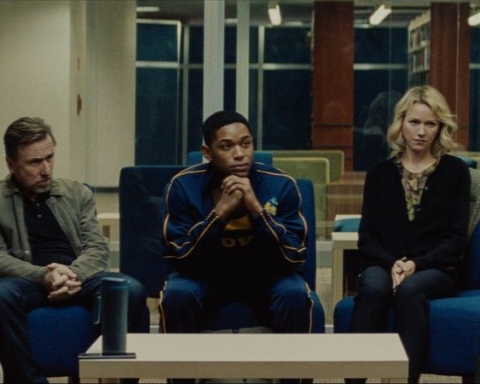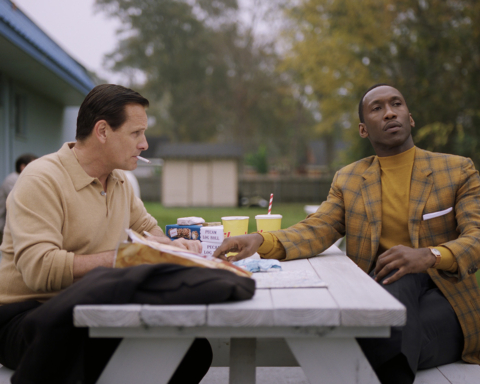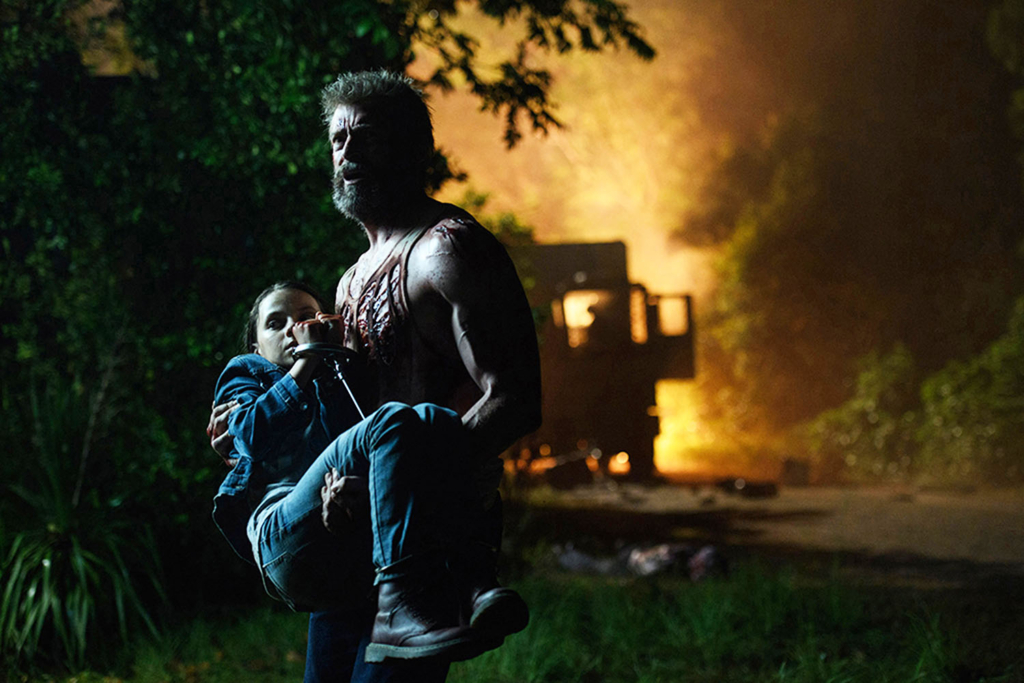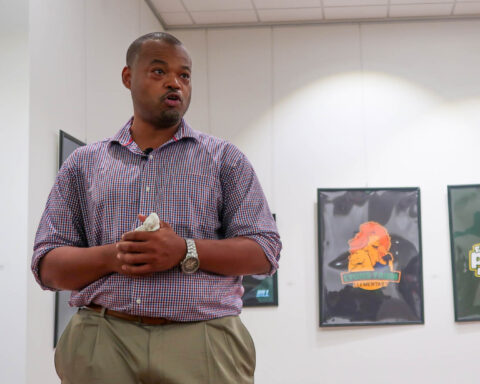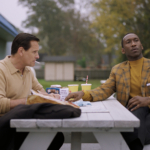“Why?”
It’s a question we all ask ourselves (and often to God) when we are suffering through life’s toughest battles.
Stuart Hazeldine answers that question in his adaptation of William P. Young’s novel “The Shack.”
The character of Mackenzie (played by Sam Worthington) finds himself asking that same question when he and his family suffer an unbearable tragedy after their youngest daughter Missy is brutally murdered.
But Mackenzie has been acquainted with tragedy before – he was forced to endure a childhood of abuse from his alcoholic father that forced his mother to abandon him at an early age.
The tragedy of his daughter forces him to not only wrestle with the capability of God, but also with trusting in God.
In the middle of this battle, Mackenzie finds a letter in his mailbox from someone named “Papa” (a nickname his wife gives to God) who wants to catch up with him at a shack next weekend.
Curious as to who this “Papa” is, he decides to accept the invitation, completely unaware of what’s in store for him.
He concludes that this shack must be located at the place his daughter was killed, but when it’s not, he leaves more frustrated, helpless, and hopeless than he was before.
Walking back to his car, he sees a man coming down and (thinking that it’s the serial killer who murdered his daughter) pulls out a gun, pointing it at the man’s head.
This man is completely unfazed by it, and tells Mackenzie to come follow him.
Mackenzie then finds himself leaving the snow-filled woods and walking towards a shack that is surrounded by a flower-covered forest.
Thinking that he has gone insane, the man whom he followed calls him by his first name to come inside the shack.
Entering cautiously, he meets an African-American woman stating that she is indeed “Papa” (played by Octavia Spencer), who introduces him to her son, Jesus, (the man whom he followed; played by Israeli actor Avraham Alush), and the Spirit “Sarayu” (played by Japanese actress Sumrie).
Throughout his journey with these three deities, Mackenzie is forced to let go of his resentment toward God, his past and current wrongdoings, and the weighted baggage of unforgiveness toward his abusive father and the killer of his daughter.
What should be applauded (that is condemned by some Christian followers) is the director Stuart Hazeldine’s ability to incorporate an abnormal view of having the Oscar-nominated actress Octavia Spencer take on the hefty role of God.
One cannot help but see the different facades of what God’s love consists of – a type of love that is not gender bound.
All in all, the film does an excellent job of answering the question we’ve all been dying to know – “How can a loving God allow bad things to happen in this world?”
What is the answer, you might ask?
Watch the film to see for yourself.


